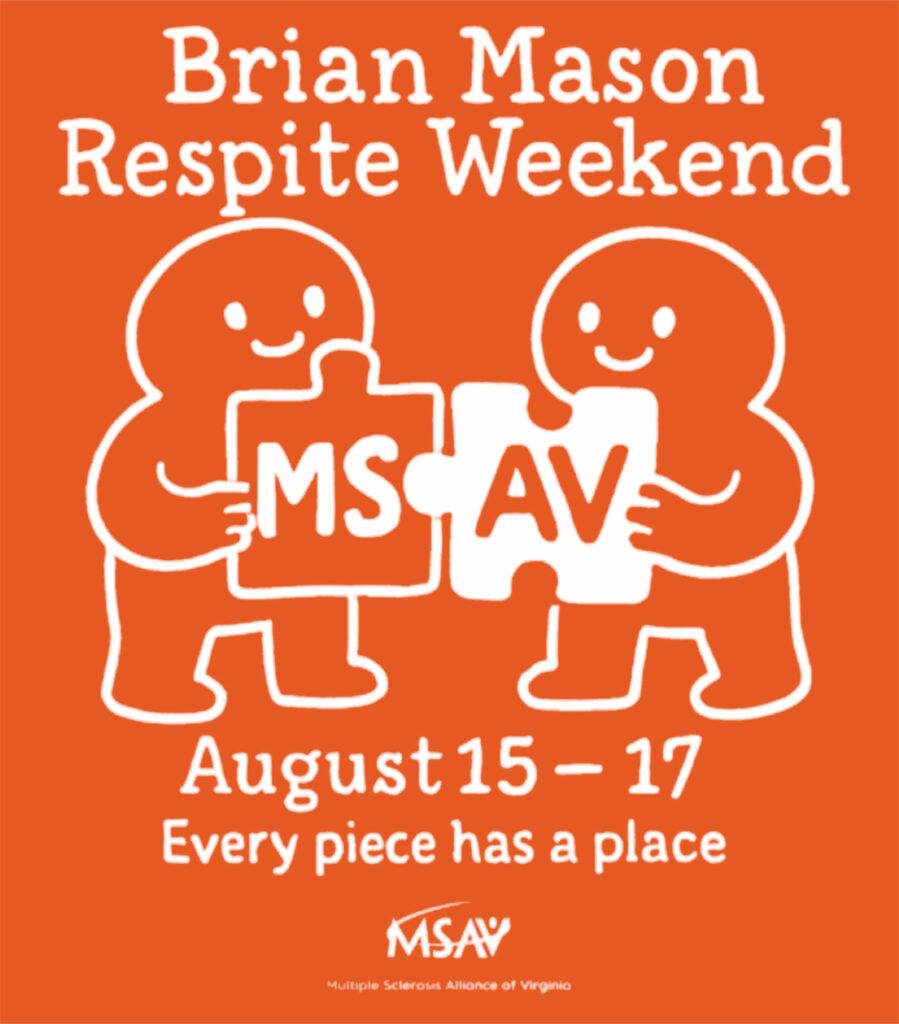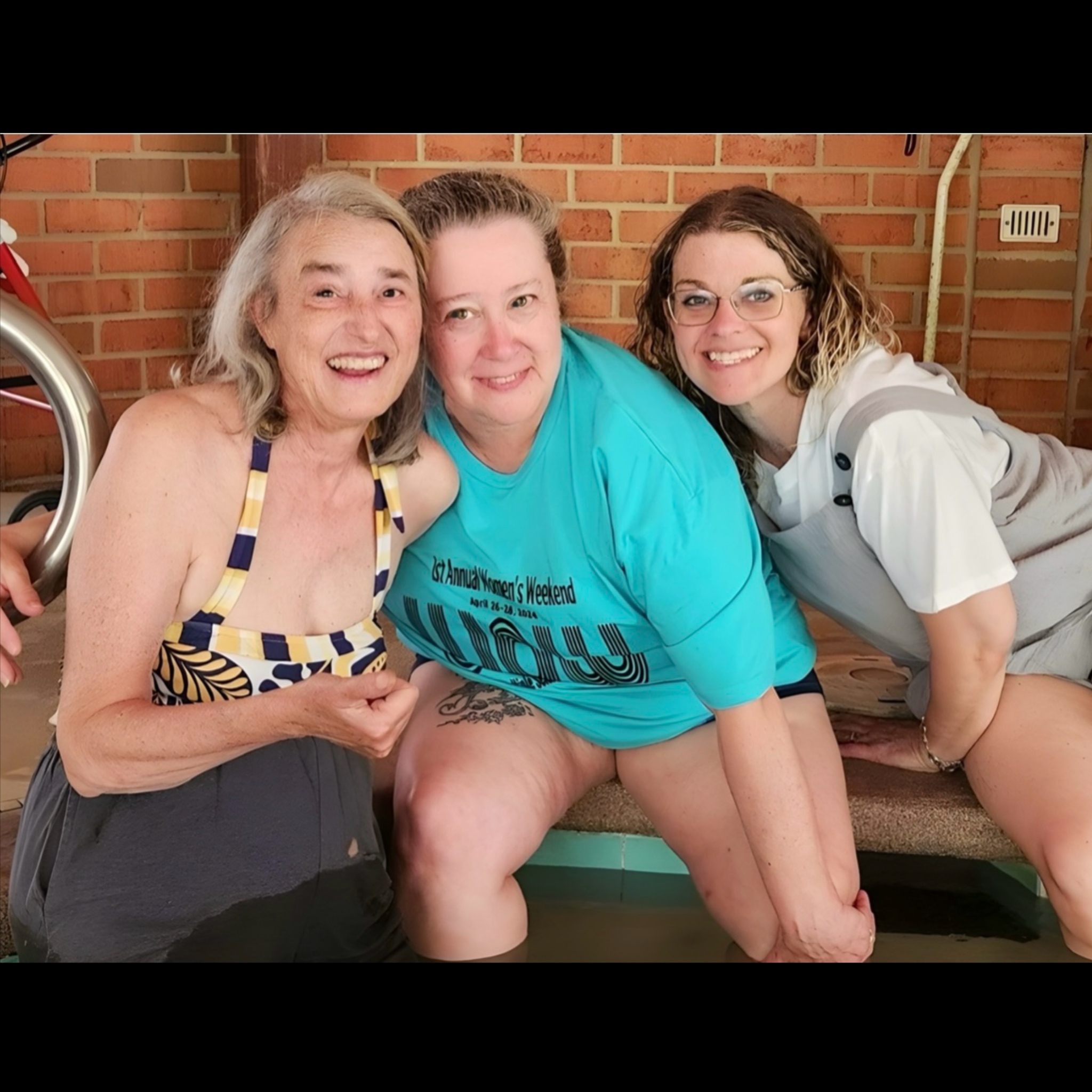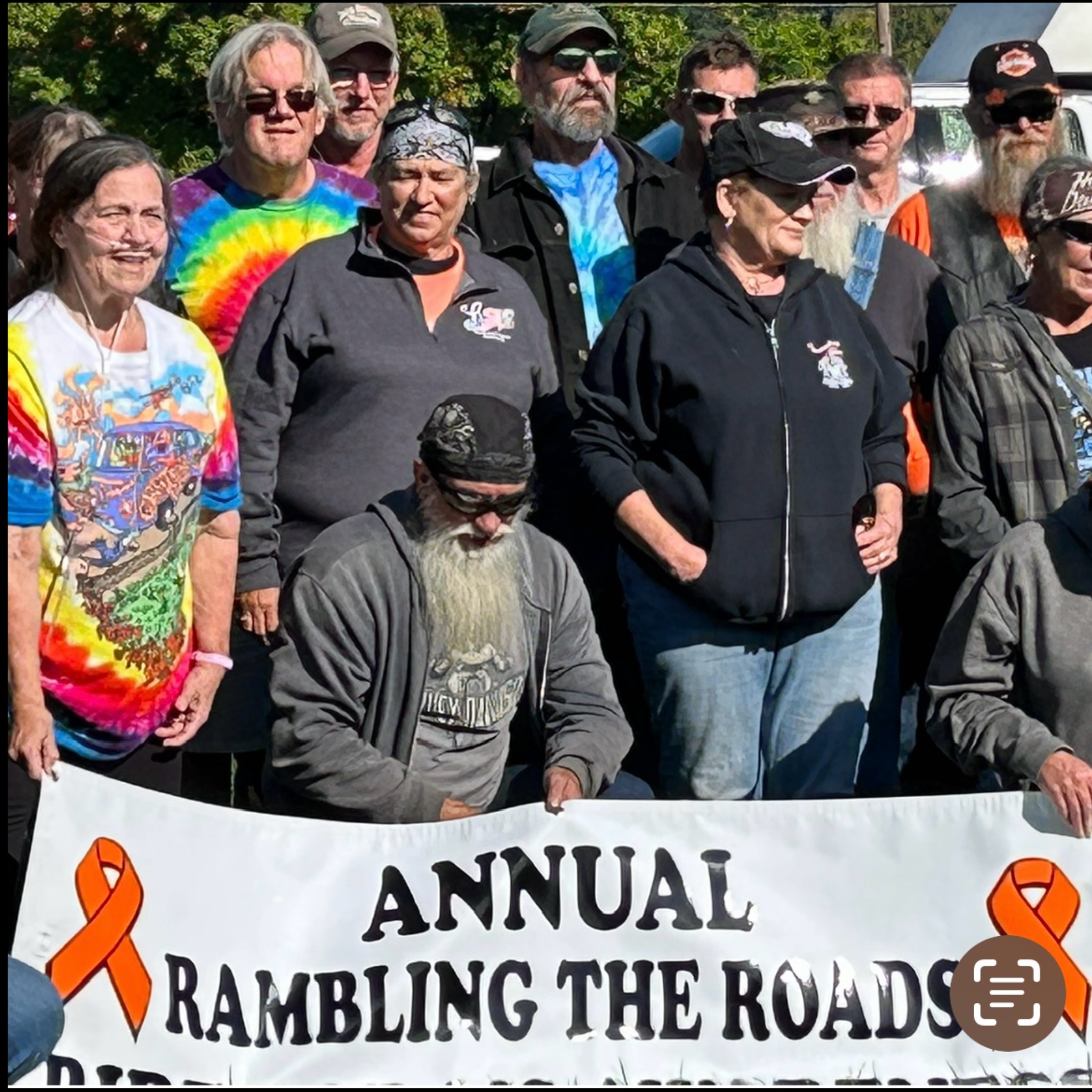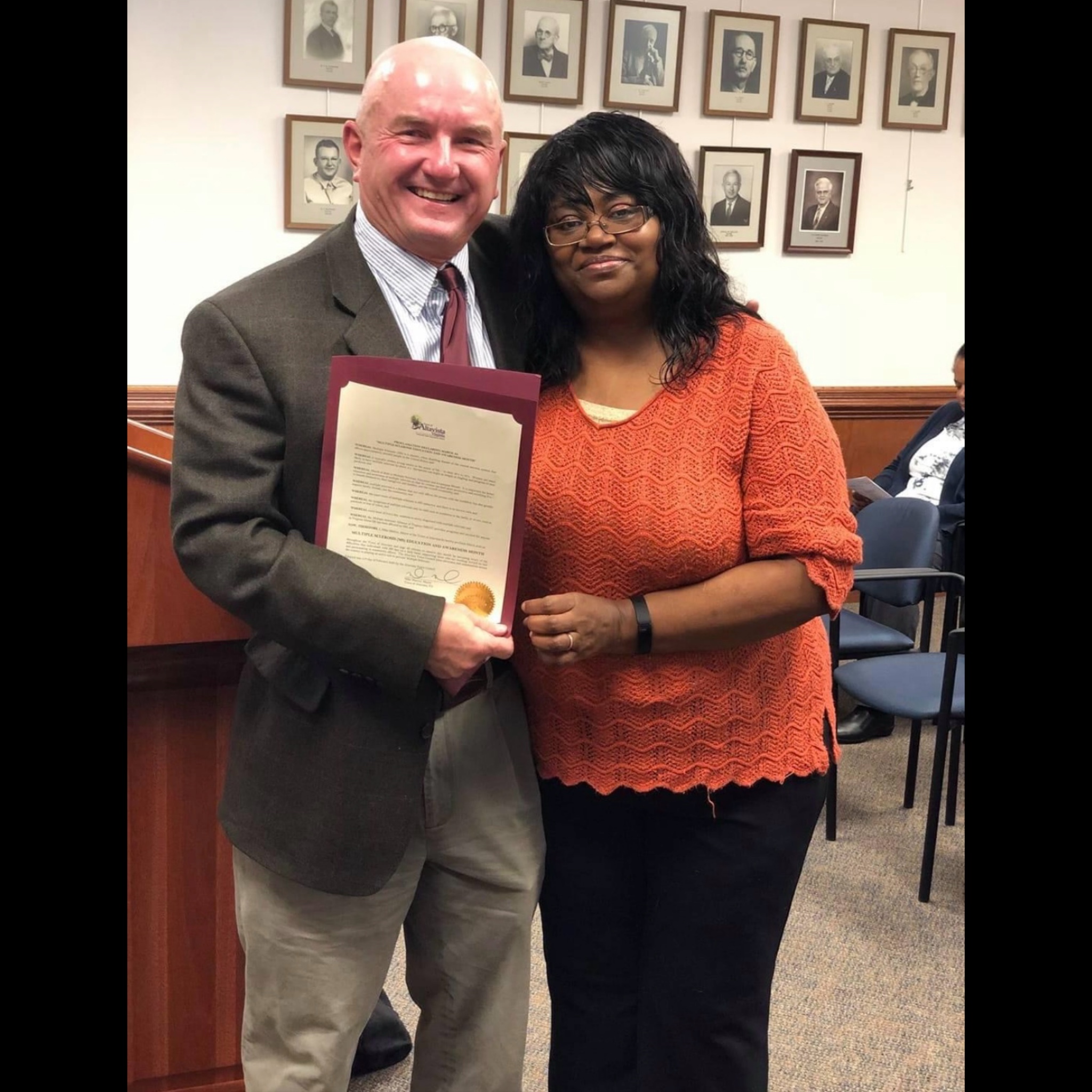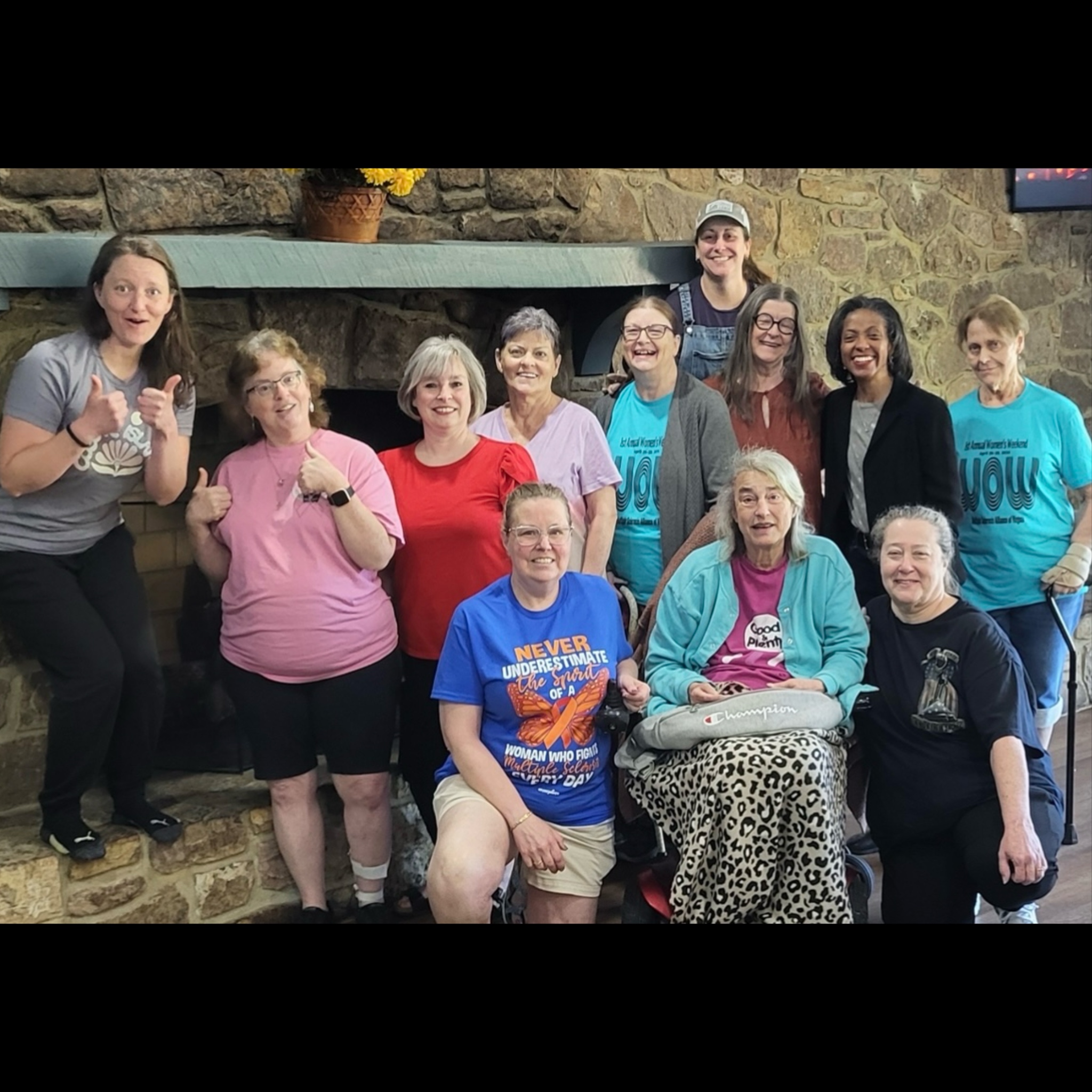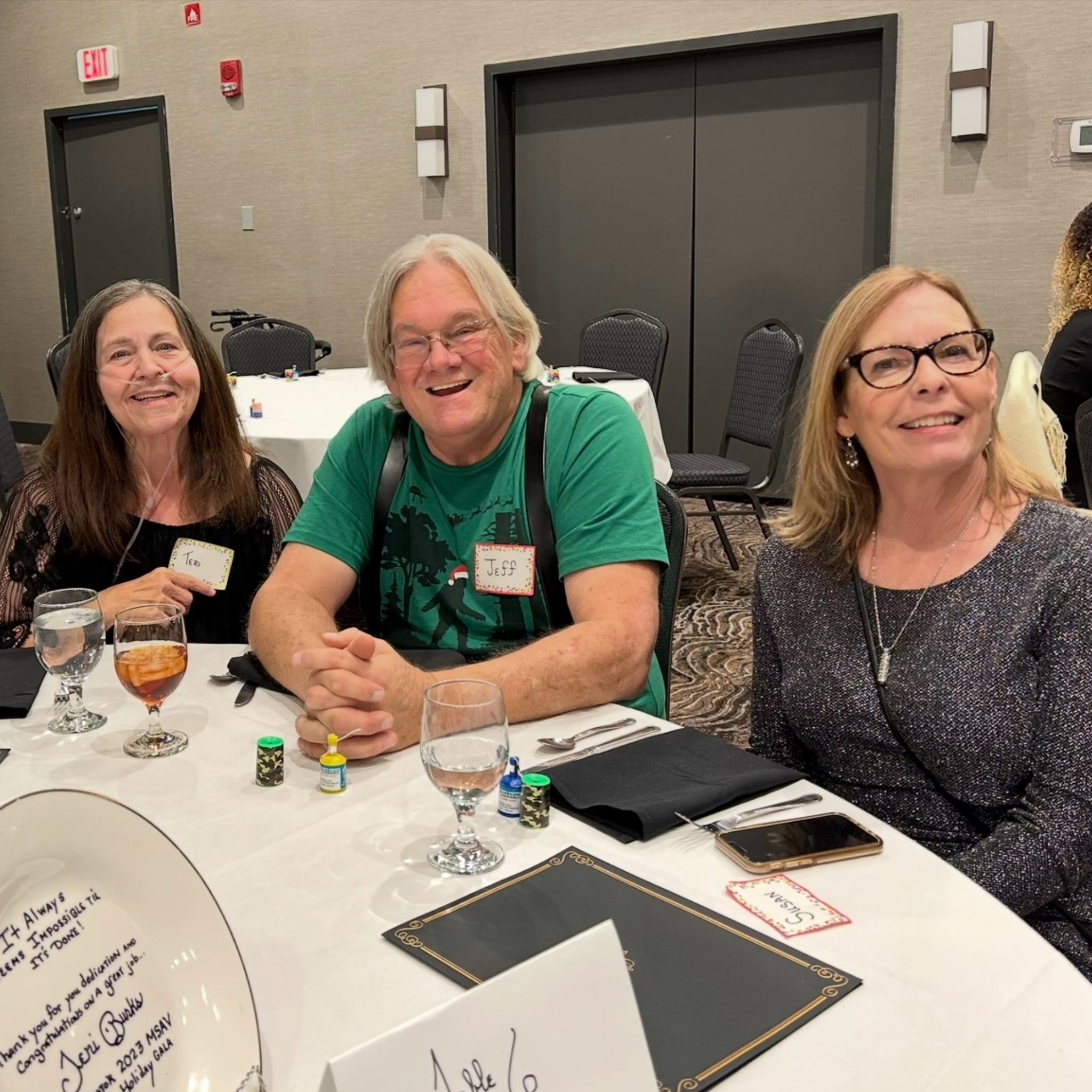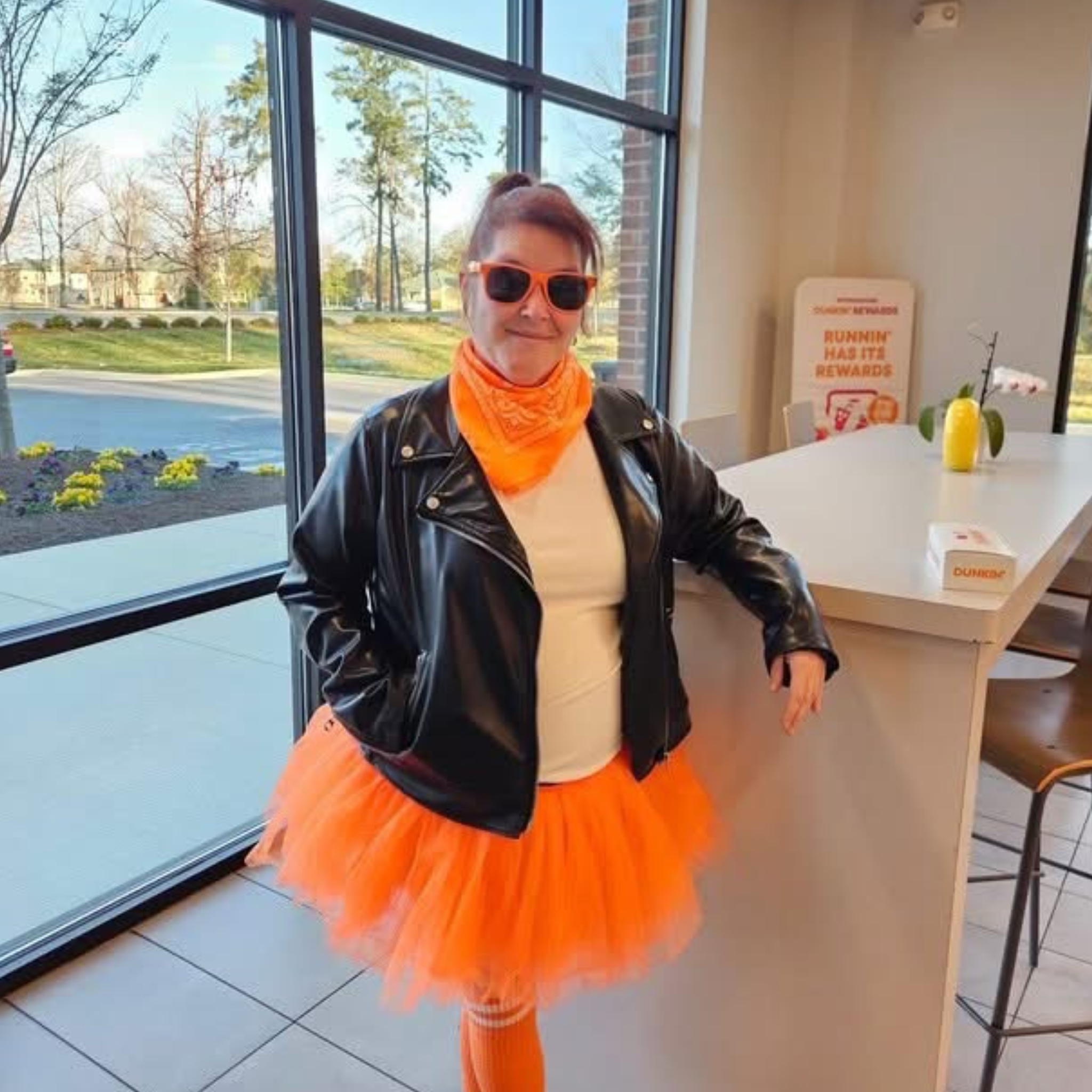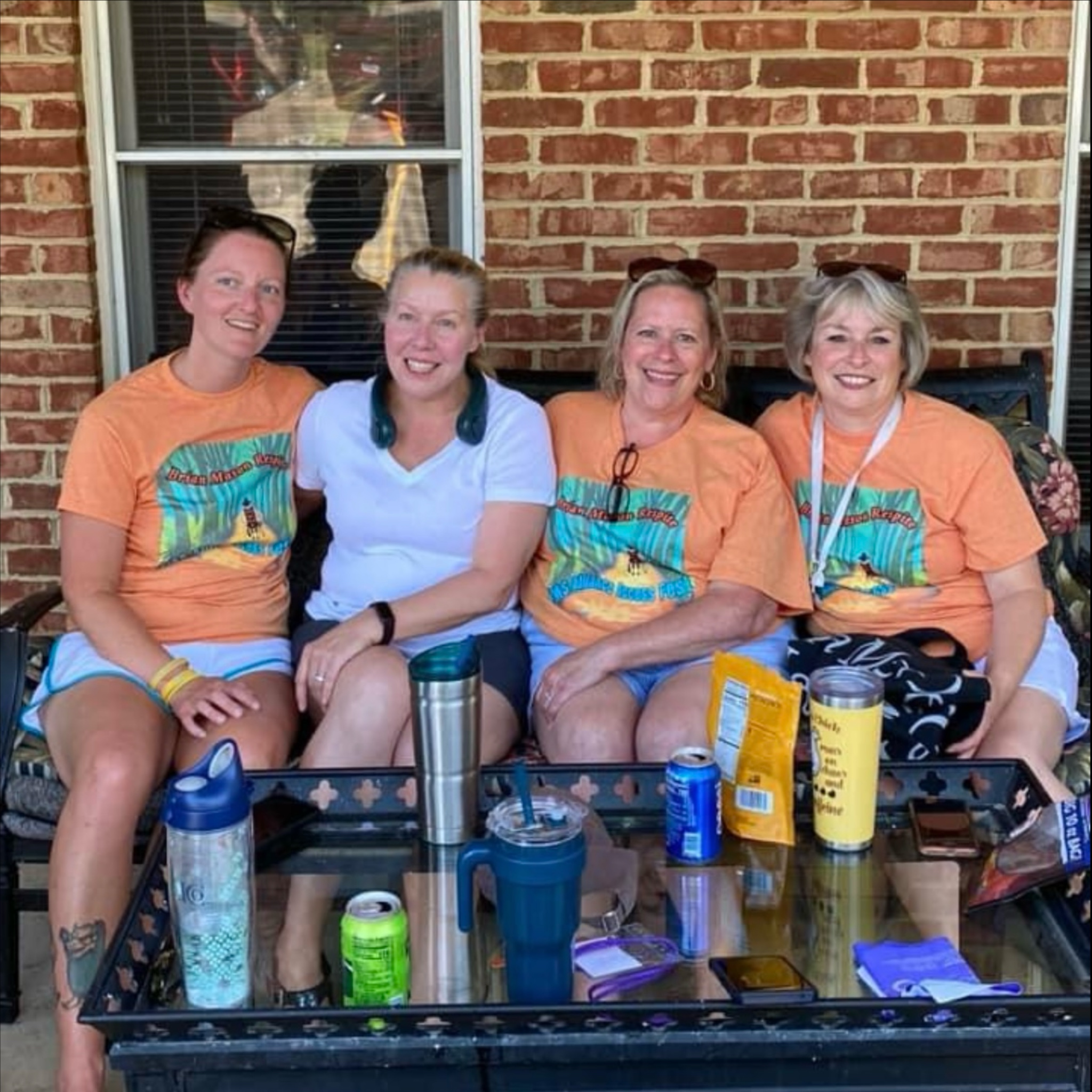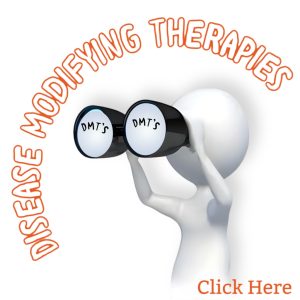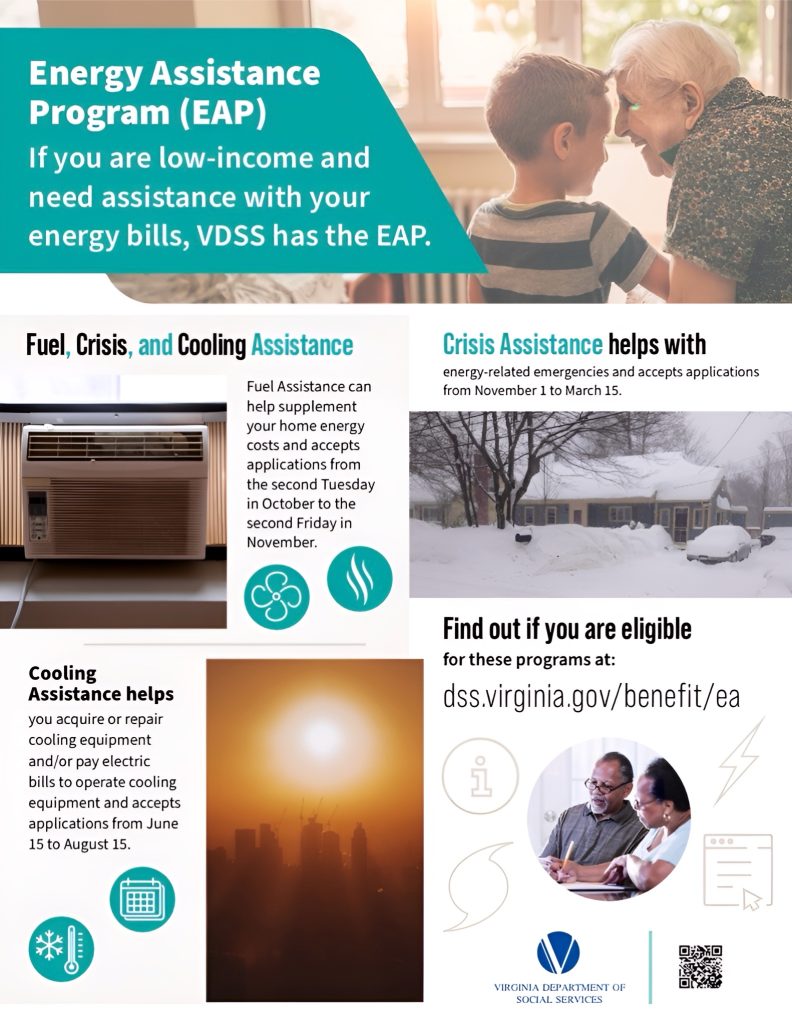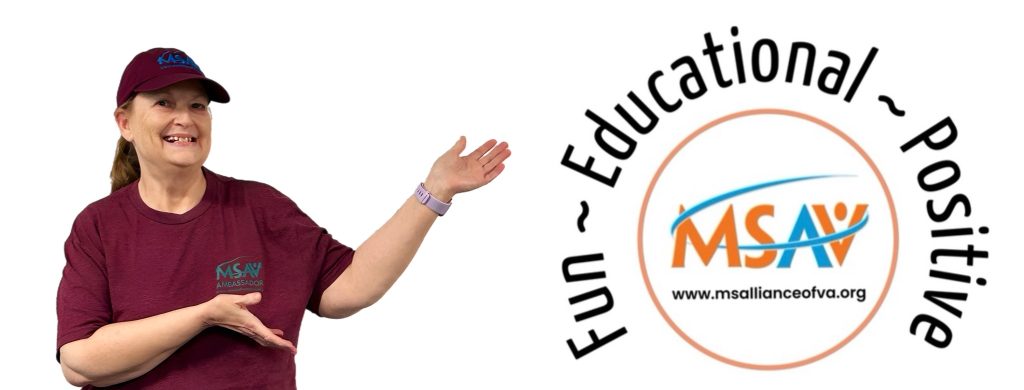
Living Well with MS: A 6-Week Group Coaching Series
Join Coach Hannah for a small group coaching series for people living with MS. This experience is designed to help you take an active role in your well-being, build sustainable habits, and boost your quality of life—all while connecting with others who truly understand. We will provide accountability and encouragement for one another in a judgement-free and confidential environment where you can just be yourself.
- October 24 at 10am
- October 31 at 10am
- November 7 at 10am
- November 14 at 10am
- November 21 at 10am
- **Break for Thanksgiving**
- December 5 at 10am
- $80 for the full 6-week series
Hannah Borny
Health and Wellness Coach
Check out Coach Hannah’s website HERE.
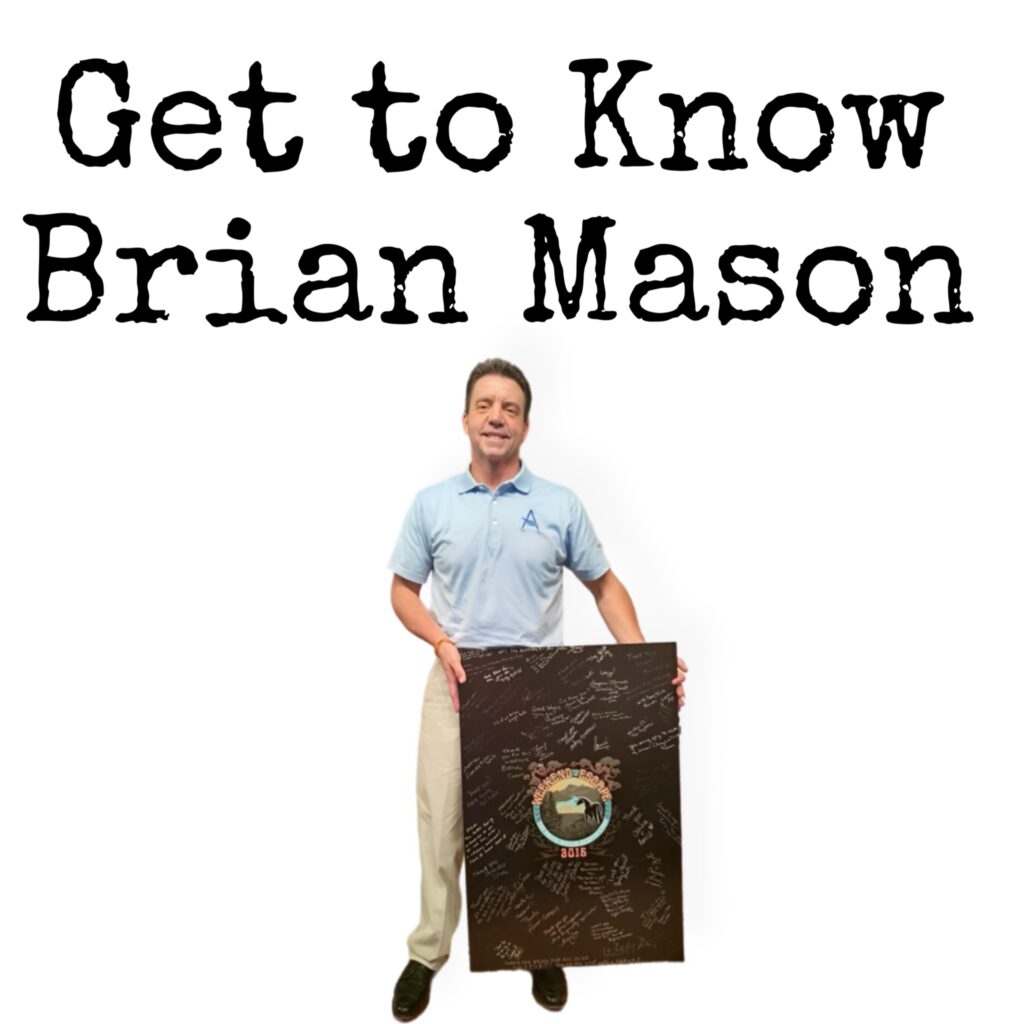
The annual Brian Mason Respite Weekend is fast approaching, and we’re excited for another wonderful event! With many new faces joining us, we felt it was the perfect time to reintroduce the man who inspired it all. It is our distinct pleasure to present Brian Mason, a truly dedicated philanthropist whose unwavering commitment has profoundly impacted the Multiple Sclerosis Alliance of Virginia.
Brian is the visionary force behind the “Brian Mason Respite Camp,” an initiative born from his desire to offer a much-needed sanctuary for individuals living with MS and their caregivers. This camp provides a vital break from daily challenges, fostering a sense of community, respect, and love. His enduring support for the MS Alliance of Virginia, inspired by the passion of President Suzanne O’Connell, stems from a recognition of the Alliance’s crucial role in addressing the daily, on-the-ground needs of individuals with MS. Brian’s continued sponsorship isn’t just motivation; it’s a deep “connection” and a profound commitment to instilling “HOPE” in the hearts of everyone touched by MS.
MSAV: To begin, could you tell us a bit about what initially inspired your journey into philanthropy?
BRIAN: I was President of the YARC (Youth Association for Retarded Children… not politically correct verbiage now) my junior and senior years in high school. I developed a passion for helping people less fortunate and for those who couldn’t help themselves. We participated in Special Olympics and took the children to places they otherwise wouldn’t have been able to see or experience. It was challenging (especially for teenagers), but the incredible feeling we received from watching the children’s faces was irreplaceable.
MSAV: The “Brian Mason Respite Camp” has become a beacon of hope and enjoyment for so many. Could you share the original vision and story behind how the camp first came to be?
BRIAN: The Respite Camp’s original purpose was to offer a getaway for people who suffered with MS and their caregivers. We wanted to first serve the most afflicted who may not otherwise get a vacation or time away from their home. We wanted caregivers to receive a much-needed break from the daily grind by having nurses and volunteers to take the burden away for a few days. We wanted to celebrate the ones who so bravely handled the day-to-day struggles and celebrate the caregivers who seldom received a thank you. It eventually evolved into something similar to today’s version with workshops and speakers. I’m very proud of the benefit it has been and continues to be for so many. It’s a magical experience as it makes everyone there feel respected and loved because it’s all about them as they associate with people who are experiencing the same affliction.
READ FULL INTERVIEW BY CLICKING HERE
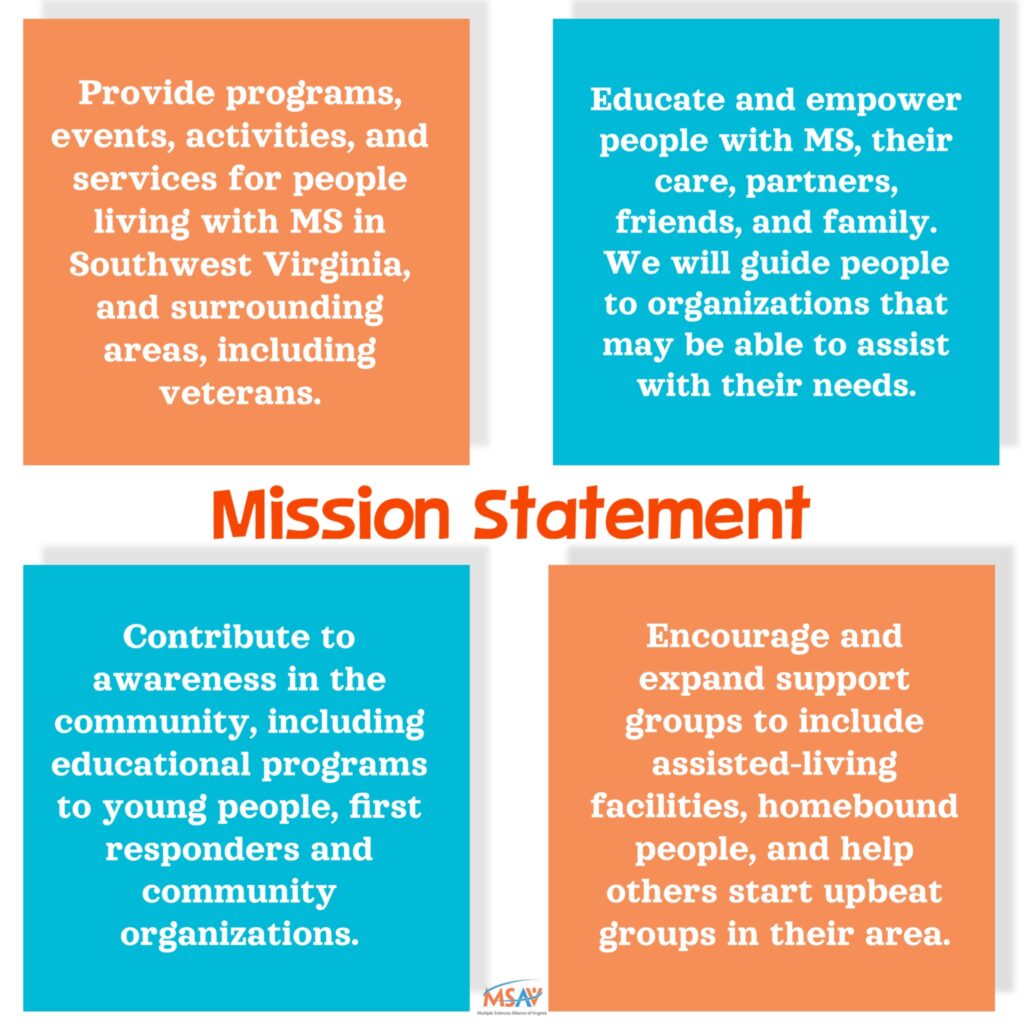




MSAV Online MS Support Group Meeting – Tuesday August 12
Join us for our next MSAV Online MS Support Group Meeting on Tuesday, August 12th, at 12:00 PM (noon) EDT! We are thrilled to welcome our special guest speaker, Rebecca Parsio, RN, BSN, Healthcare Compliance Officer - Driver Services Administration for the Virginia...
How to Declutter Your Home When You’re Fatigued
My family and I were planning a move into a new home. Like many other homeowners, we had been working toward this moment for years. It was surreal that it was finally here. But the move prompted me to think about how I could set up my new home in a way that would best...
Get to Know Brian Mason
The annual Brian Mason Respite Weekend is fast approaching, and we're excited for another wonderful event! With many new faces joining us, we felt it was the perfect time to reintroduce the man who inspired it all. It is our distinct pleasure to present Brian Mason, a...
Neural Stem Cell Therapy Repairs Myelin in MS Mouse Model: Study
Treatment with neural stem cells, which have the ability to differentiate into neurons and other supportive cells of the nervous system, was safe and significantly boosted myelin repair in spinal cord lesions in a mouse model of multiple sclerosis (MS), a study...
Music Therapy for MS May Help With Motivation, Heat Sensitivity
A six-week music therapy intervention significantly reduced psychosocial fatigue — or fatigue that interferes with a person’s motivation and ability to engage in social and daily activities — and heat sensitivity in people with multiple sclerosis (MS), according to...




